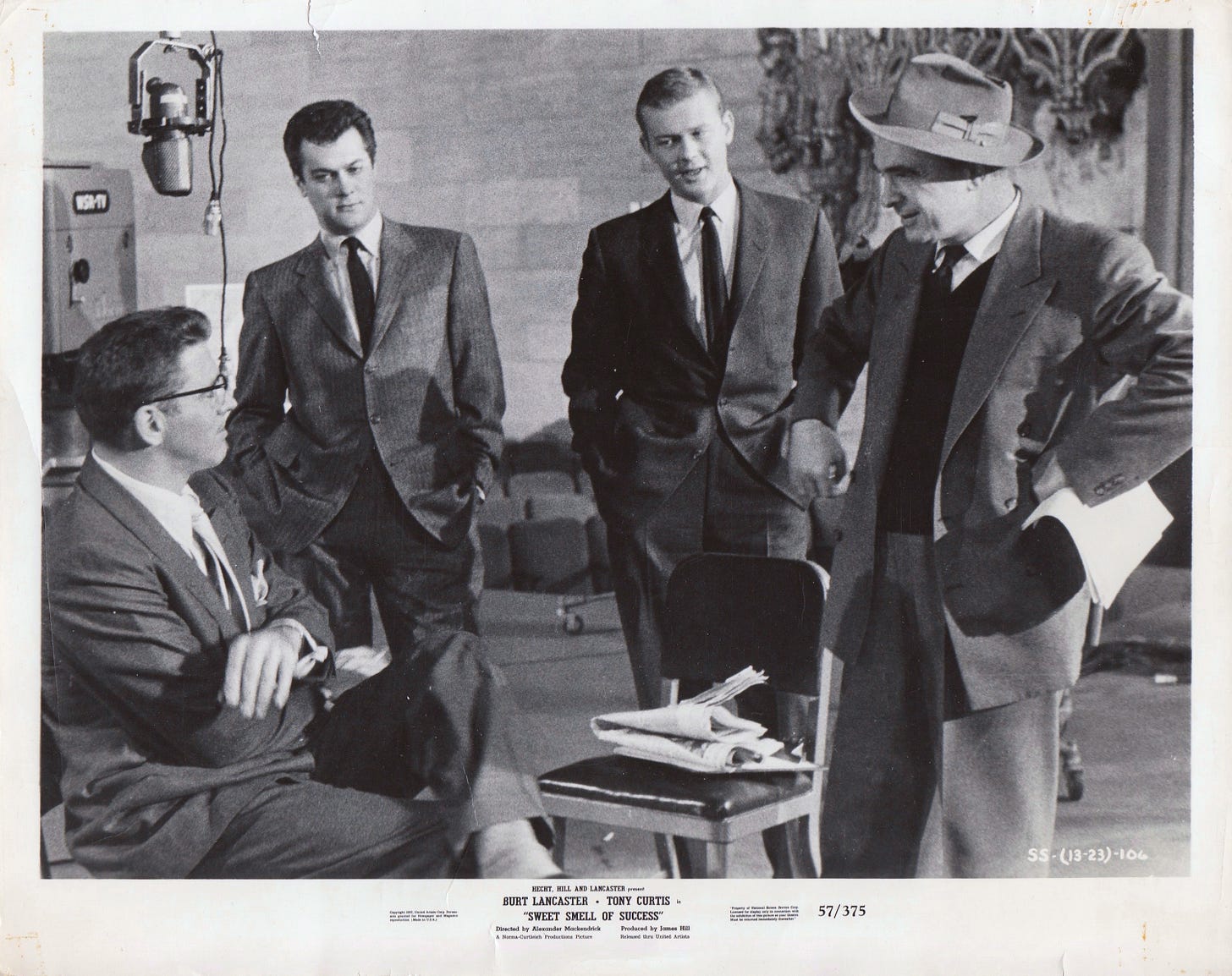
Well, that didn’t take long. Recently, I decided to change this column’s name, although my focus on all things cultural, artistic, and interesting remains the same. I concede that “Gaze on the World” isn’t the most exciting or, ironically, eye-catching Substack. However, to be honest, I also wasn’t really sure what to do with “Moonshrine Mythos.” It was as original as I could get, a name that seemed catchy and evocative as well as invoking the word “myth” (I grew up with myths and legends), which seemed cool at the time.
But ultimately, while I keep my coverage of issues and trends intentionally general, Moonshrine Mythos committed the more unforgiveable sin of being vague. Undefinable. But I have since been inspired, ironically, by my purchase of a new pair of browline glasses (with transitional lenses, which I am enjoying since I have lost too many pairs of sunnies over the years), to give this Substack “Gaze on the World.” It is an affirmation of my global interests, as well as a play on my Buddhist heritage (I first took refuge in the three treasures at a place call Kwun Yam Temple on Hong Kong’s Lantau Island, which is named after Avalokiteshvara, the bodhisattva that looks down on the suffering of the world with compassion).
“Gaze on the World” is also an ironic reference to one of my favorite films, noir classic Sweet Smell of Success (1957) starring Burt Lancaster and Tony Curtis. It remains a celebrated masterpiece in the history of black and white Hollywood cinema. Anyone who has watched the film will know that Burt Lancaster’s J.J. Hunsecker, the fearsome and influential columnist whose “Eyes of Broadway” makes or breaks careers, is the main villain. He can tell presidents where to go and hold court with senators, and critically, is aesthetically defined by his browline glasses throughout the film. He also harbours pseudo-incestuous feelings for his sister (Susan Harrison), forcing fellow deuteragonist Sidney Falco (Curtis) to run errands for him to split her up from her jazz trumpeter boyfriend (Martin Milner).
The story itself is not that great but the tale behind it is far more fascinating and darkly delightful. Criterion has released a special edition of the film and there is a YouTube review of the Criterion edition that is worth a watch.
So why am I even alluding to this character at all, given how much of a scummy bully he is? As a newsbro that does not want to abuse power, real or imagined, I like to think that “Gaze on the World” is enjoying Sweet Smell of Success ironically (much like how many young and lonely men seem to uphold Patrick Bateman as a sigma male when Bret Easton Ellis’ American Psycho is so obviously a cautionary tale about alienated men like Bateman). I would like to imagine that my gaze is quite unlike Hunsecker’s malevolent stare peering out from the pages of his column in the New York Globe. That my browlines are not that of a “scholarly brute,” as Hunsecker is said to be, but something a little more benevolent and insightful. Journalists have been both villains and heroes in many films, classic and recent. “Gaze on the World” might simply be a self-indulgent rumination on what our profession can be.




